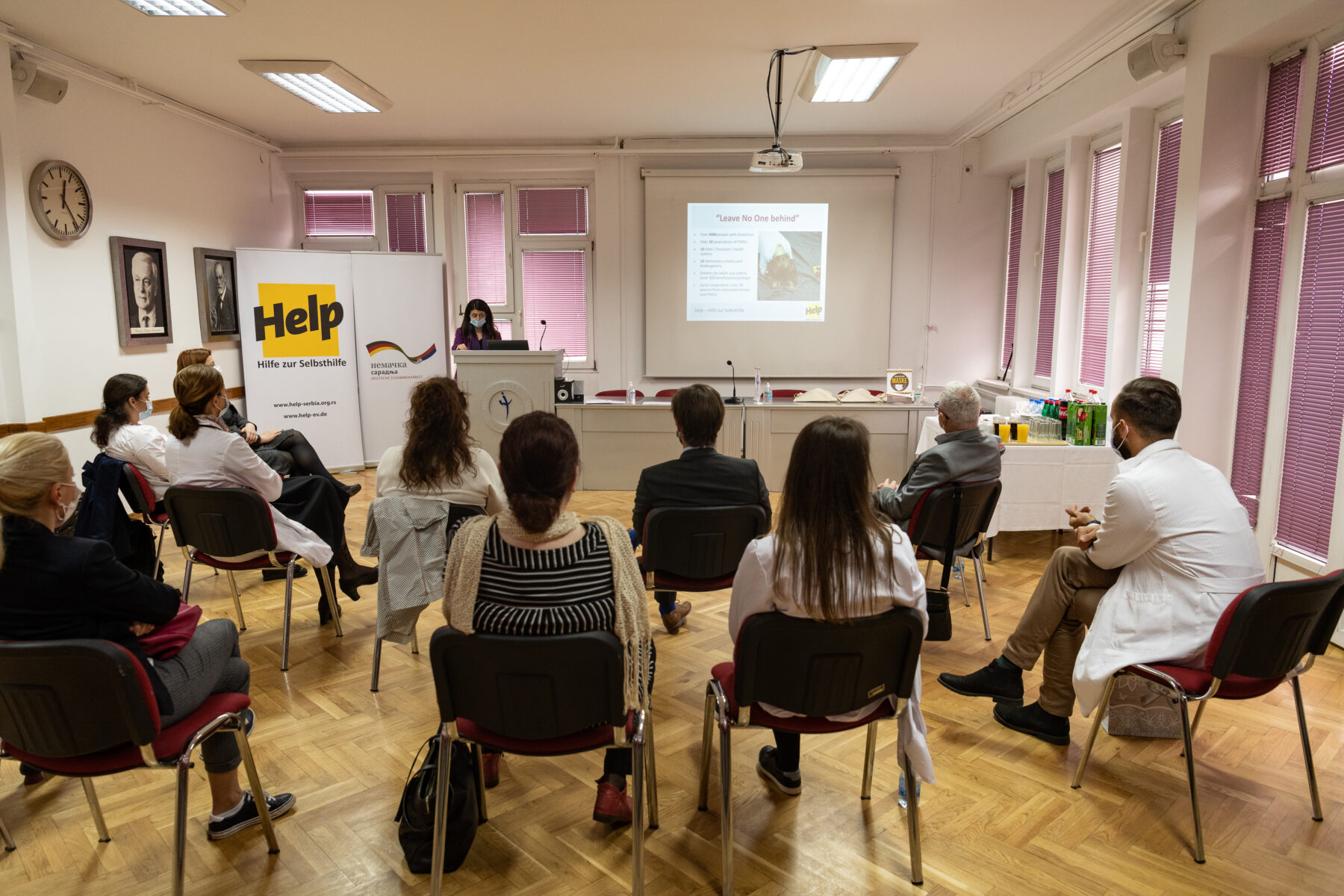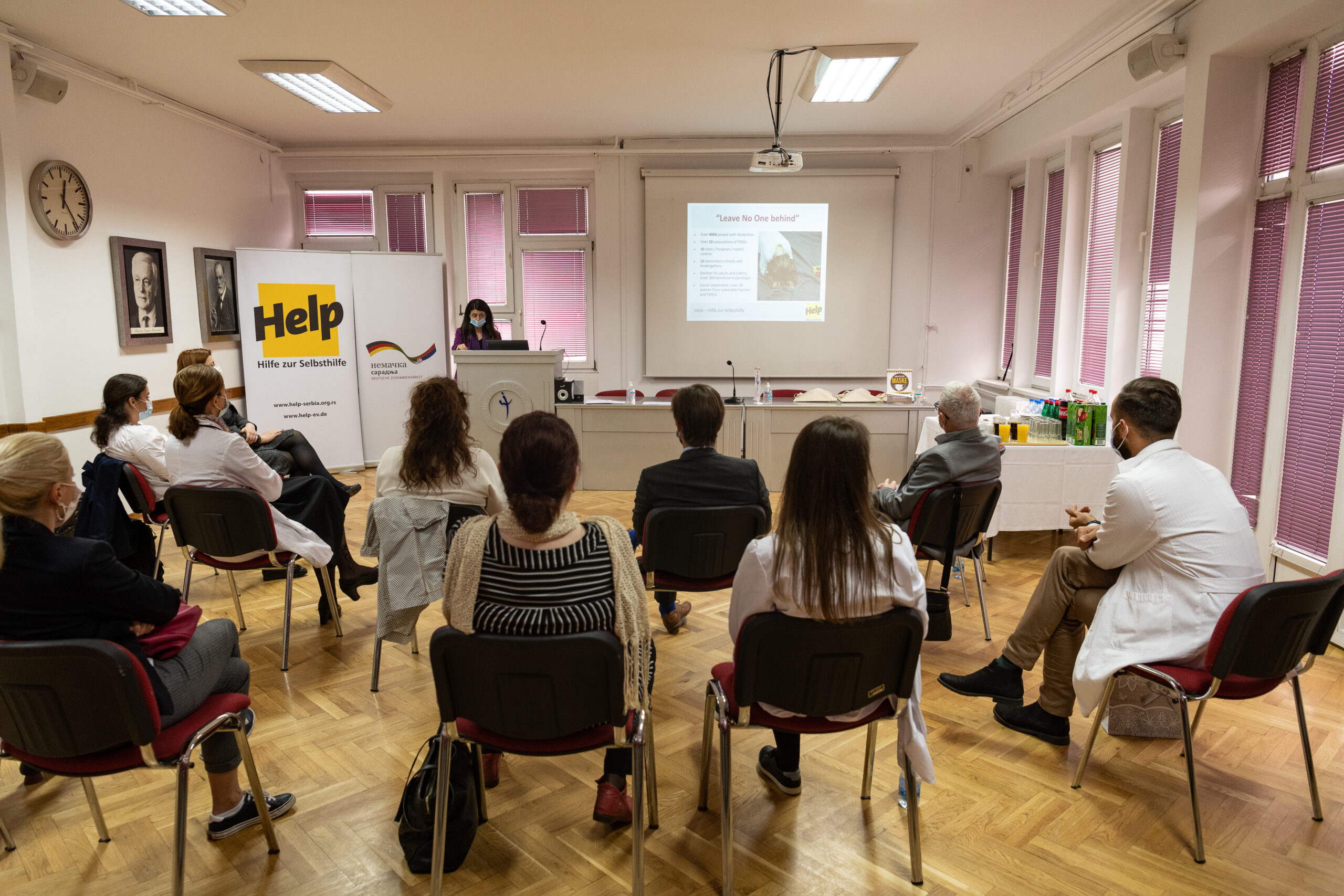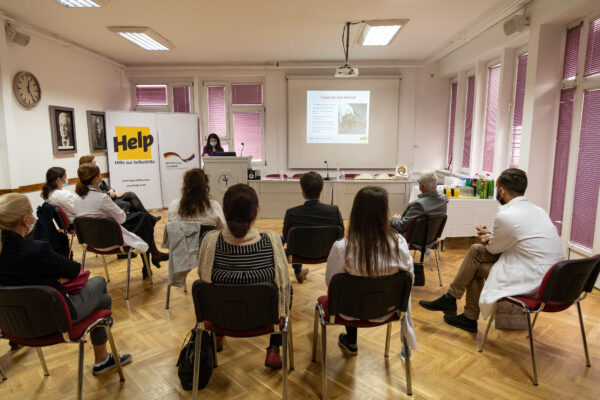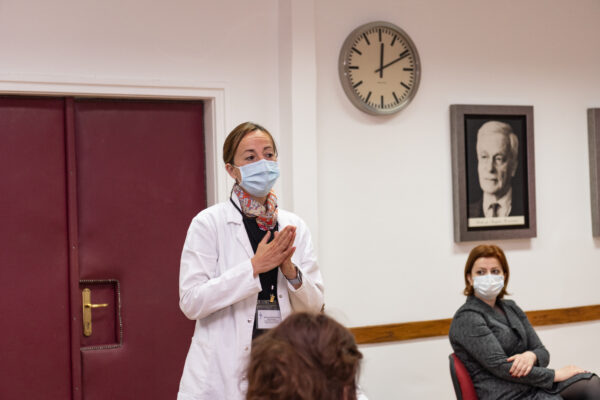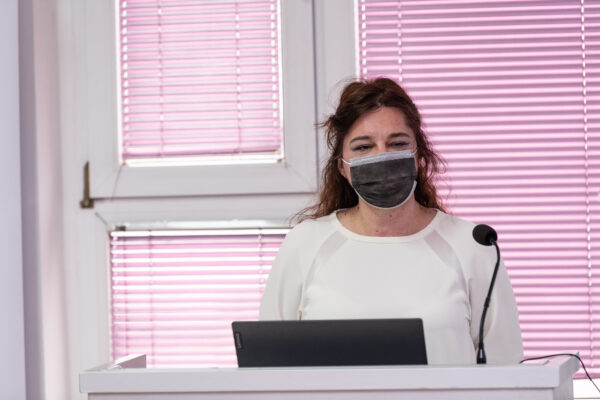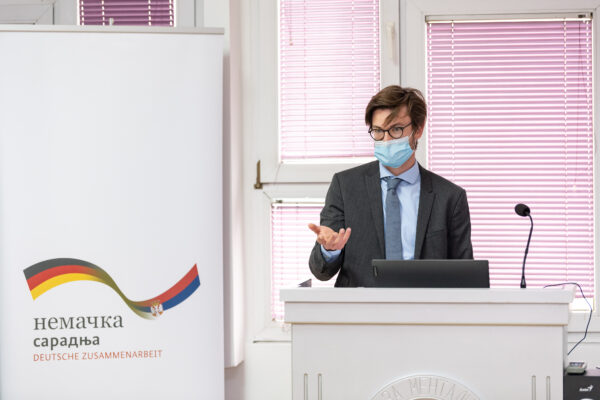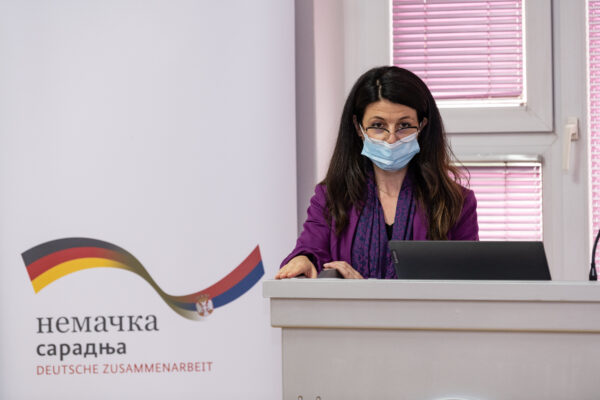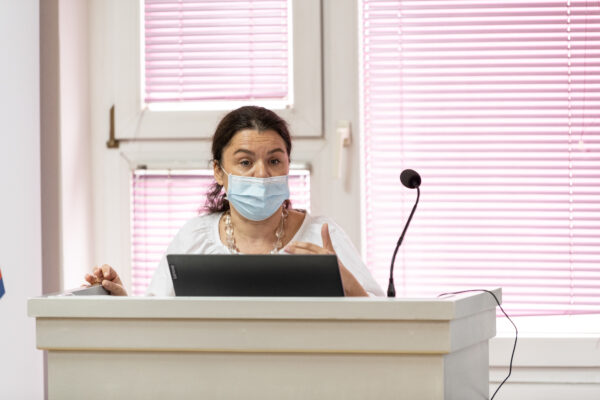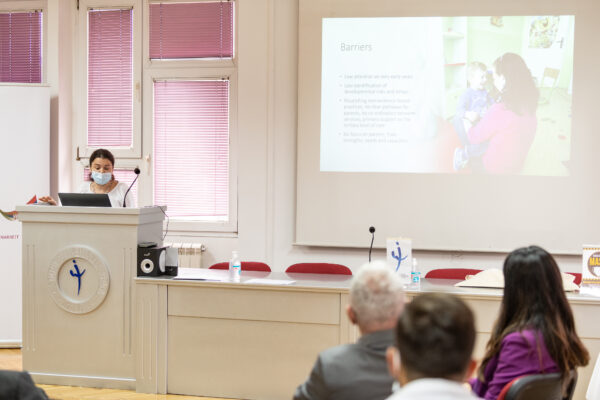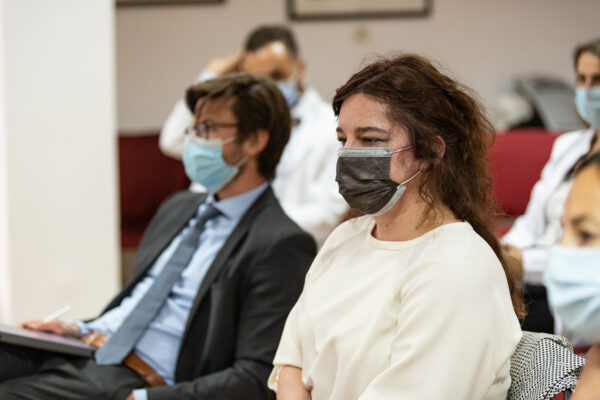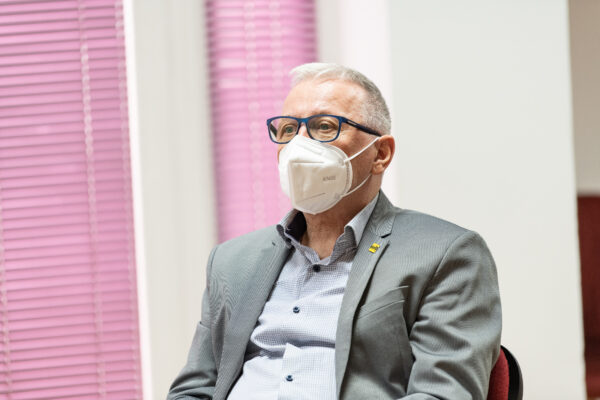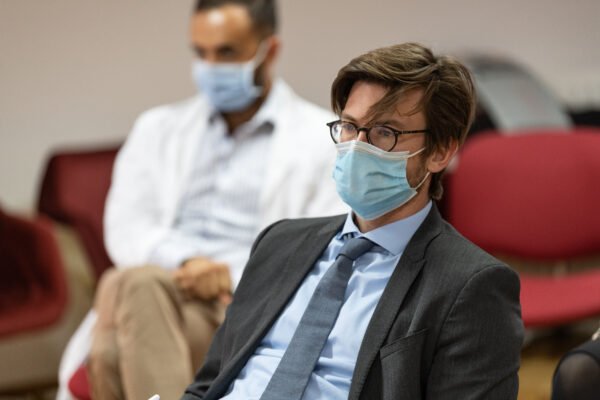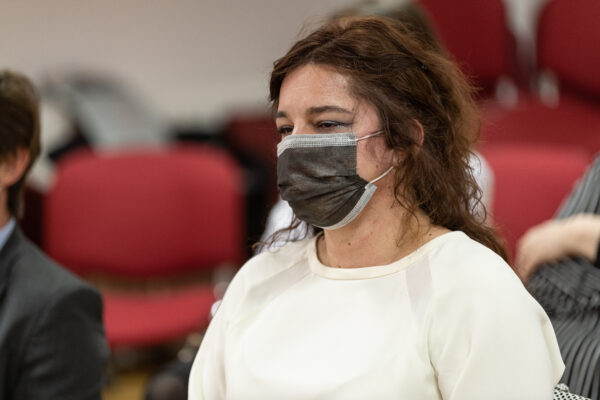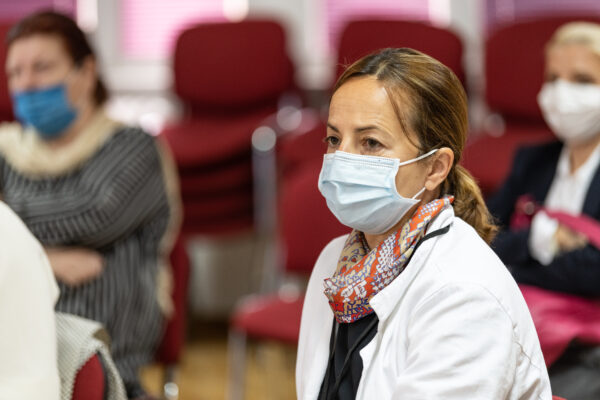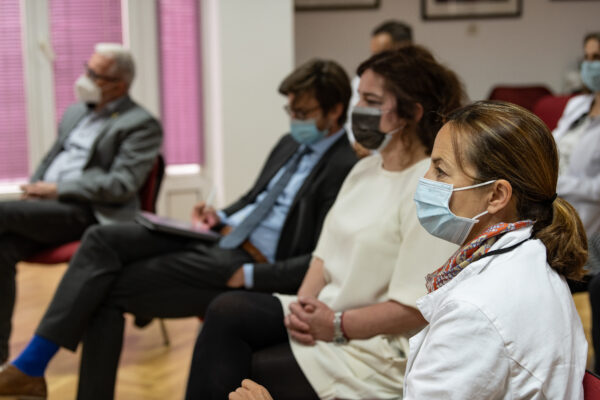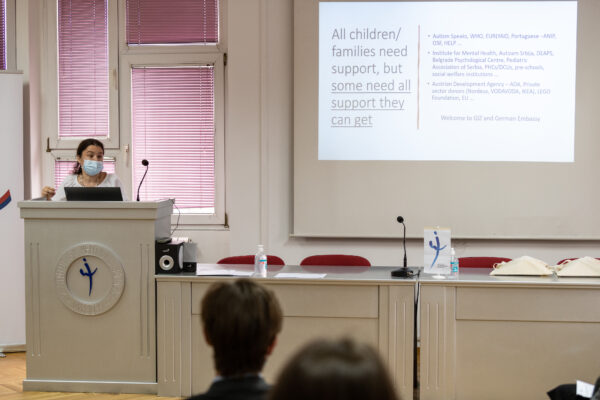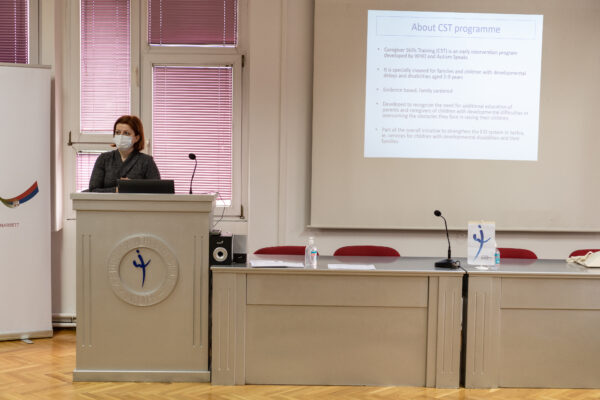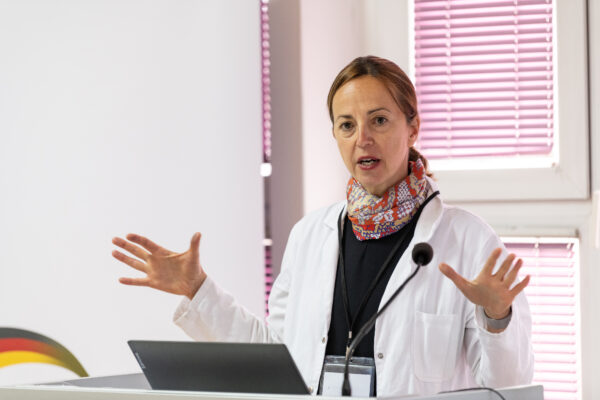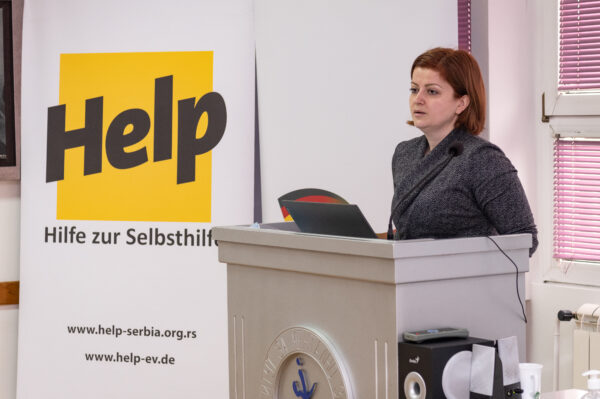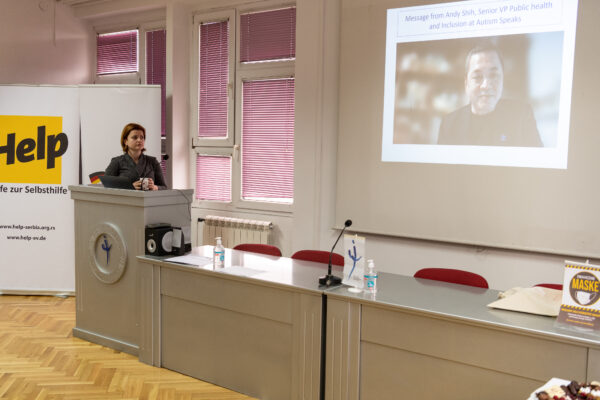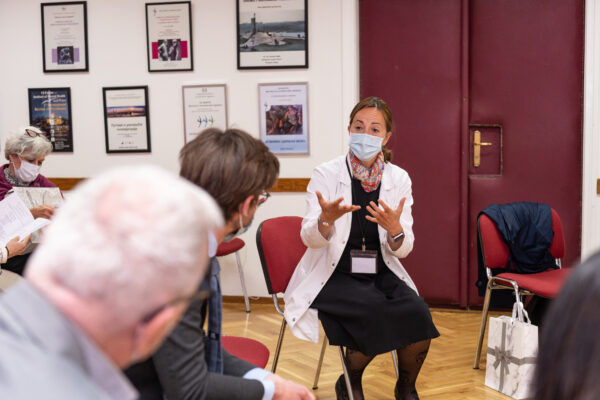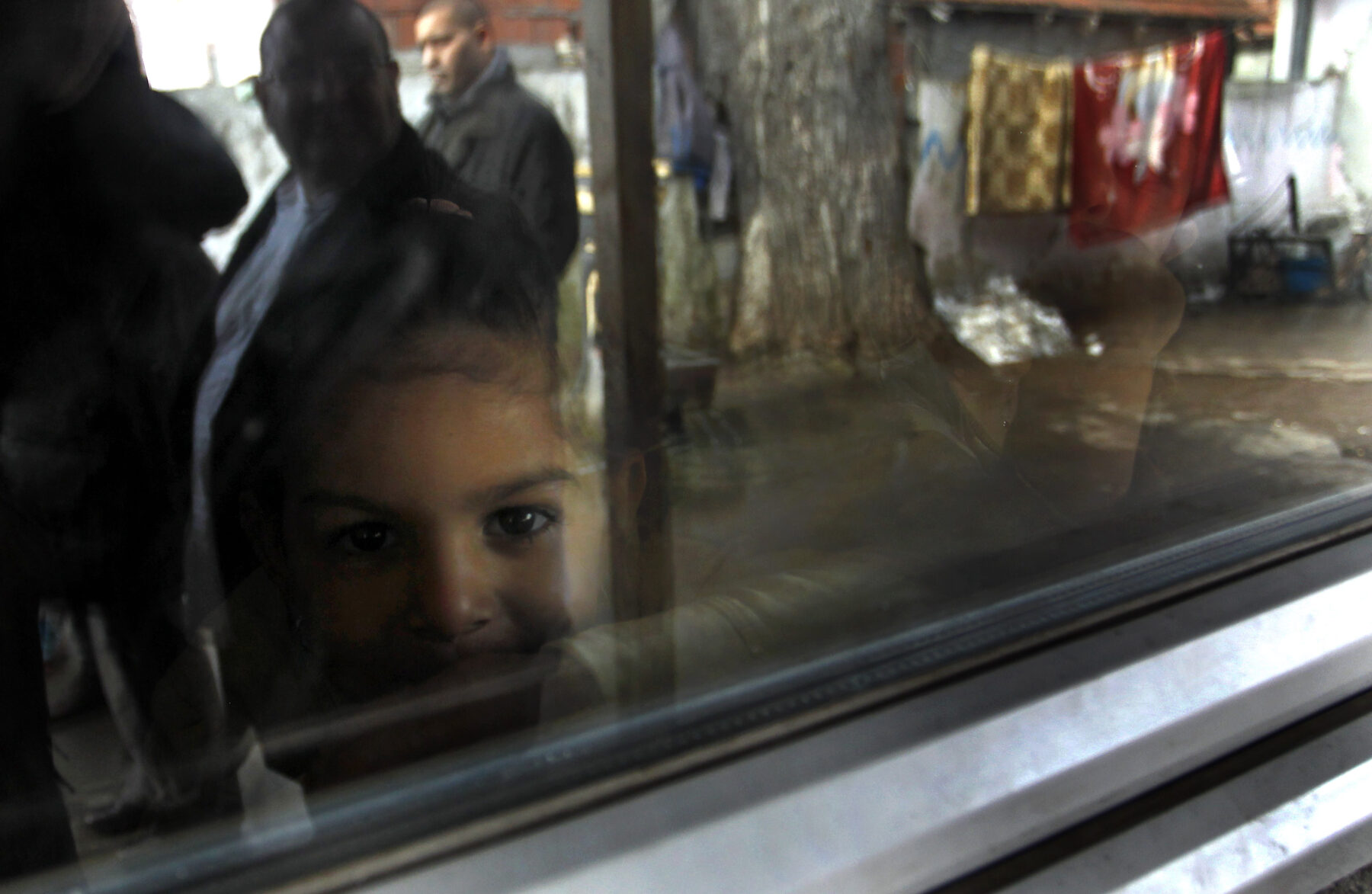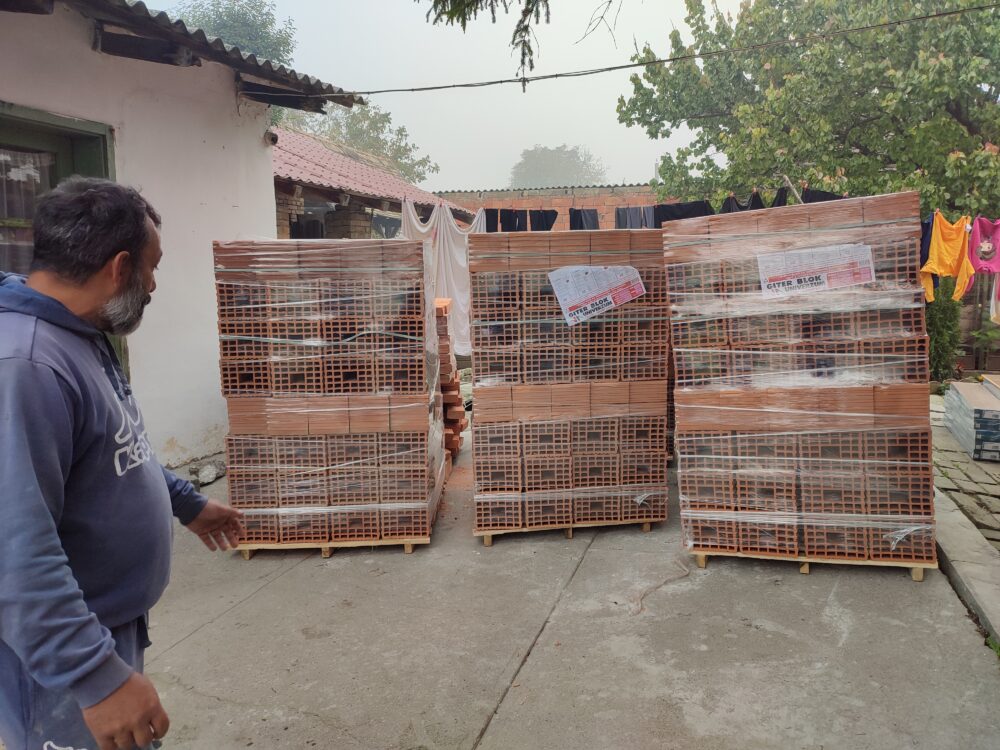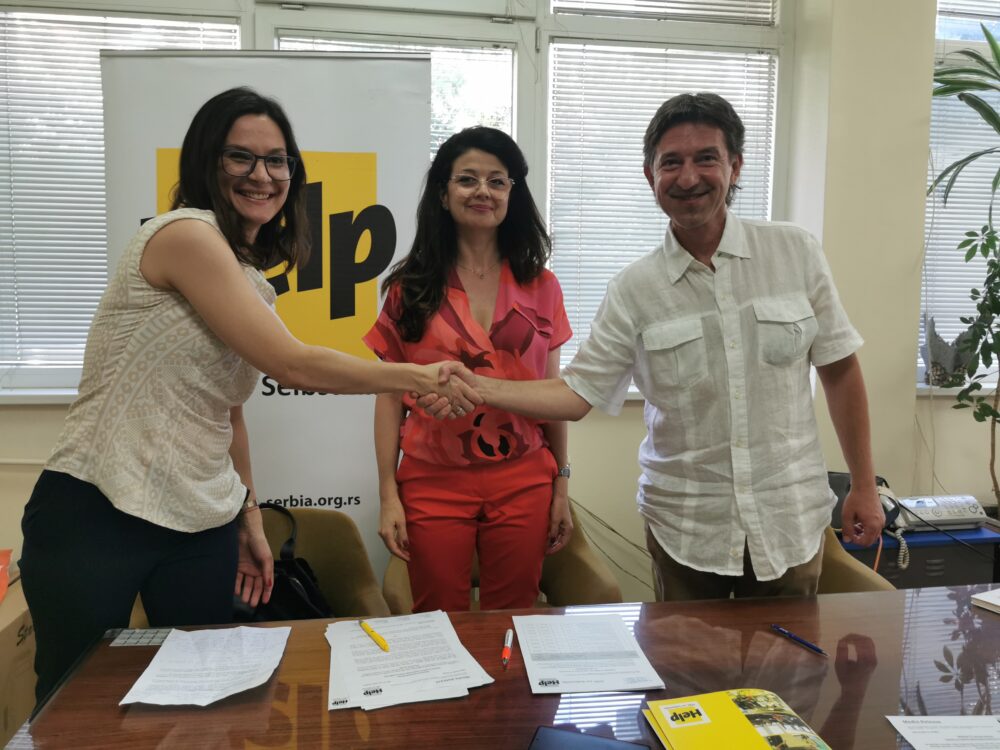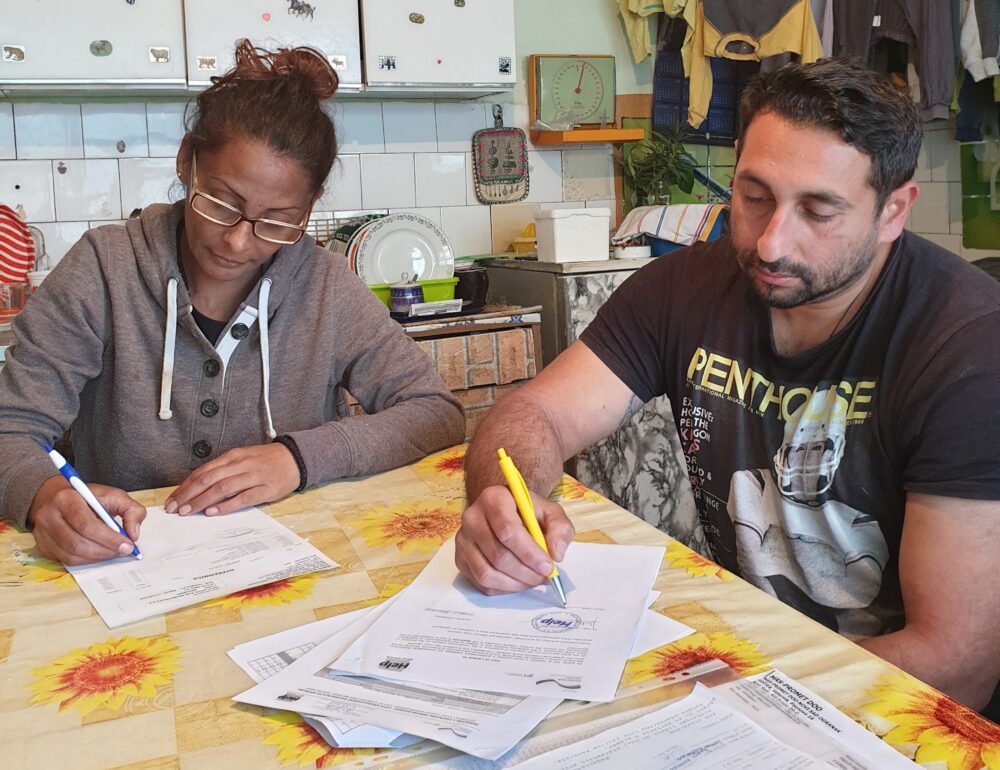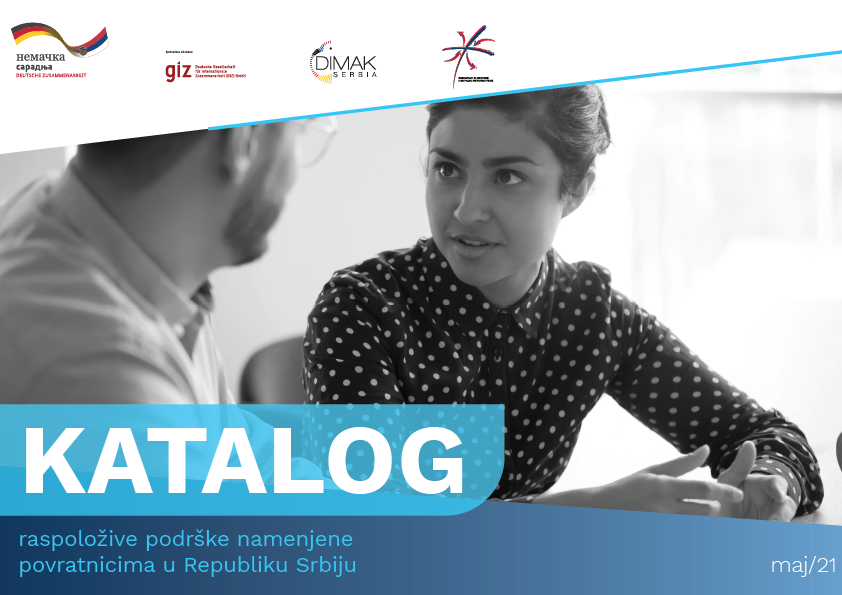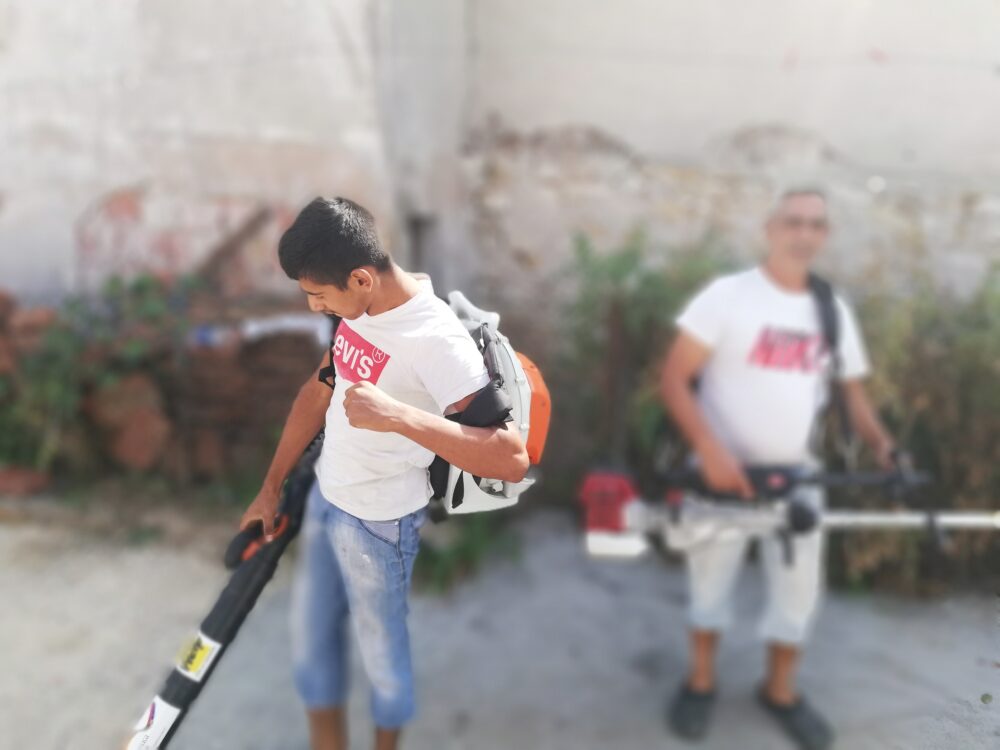CST program – support for parents and children
Presentation of the WHO developed CST program (CST – Program for parents group work based on supplementing individualized support for each family).
At the Institute of Mental Health on May 19, 2021, a presentation of the CST program of the World Health Organization (CST - Program for group work with parents based on supplementing individualized support for each family) was held. The program is implemented by the Autism Association in cooperation with the Institute for Mental Health and DEAPS with the support of the Ministry of Health, UNICEF Office in Serbia, and with the financial support of the German Development Cooperation through GIZ and Help.
A pilot project for training parents of children with developmental disabilities as part of an early intervention called "Caregiver Skills Training" (CST), the implementation of which in Serbia was supported by the Ministry of Health, began in 2019. The program is implemented in cooperation with the Institute for Mental Health, the Association for Child and Adolescent Psychiatry and Related Professions of Serbia - DEAPS, UNICEF Office for Serbia, Help and the Autism Association of Serbia and Autism Speaks, and the World Health Organization.
"There is no more important period in a child's life than the first five years. Exactly all we can do at the moment when a child's brain receives the most is to initiate all possible actions that will help children, and especially children with disabilities, to develop their maximum potential. And the task of all of us who have gathered here today is to help children with disabilities and their families express their best potential. ” said Prof. Dr Milica Pejović-Milovancević.
The training program was implemented during 2020 and 2021, in three cities (Novi Sad, Belgrade and Nis), in four primary and tertiary health institutions that deal with children's mental health and developmental difficulties. The CST training program recognizes the education needs of parents and guardians of children with developmental disabilities and helps them overcome the obstacles they face in working with their children.
The evaluations showed the success of the program that has so far produced eight master trainers, 18 facilitators and through which 64 families with children with disabilities, indirectly more than 250 people, have passed through the territory of Serbia.
The importance and need for further improvement of the development and application of the training were especially evident from the emergence of the coronavirus pandemic and socio-economic pressures on families with children with developmental disabilities, as well as the impact on mental health which is part of public health and national capital.
"The essence of this project is to deal with the family, not just the child. To give parent skills, because the parent is the one who is most in contact with the child, and somehow paying attention to the parents, we give the child the opportunity to have significantly more treatments than he would have just by going to a medical institution. So that is our purpose and essence, and we are grateful to Help, GIZ and the German government for their help in continuing these training. " pointed out prof. Dr. Milica Pejović-Milovancević.
The Institute, DEAPS, Autism Association, started cooperation with Autism Speaks and the World Health Organization in 2016 with the support of the Ministry of Health of the Republic of Serbia, and with the help of UNICEF Office for Serbia, which in 2019 was joined by Help with German development cooperation.
"Cooperation with Help is an important part of German development cooperation. This collaboration provides us with a more direct and alternative, participatory approach to customers. The inclusion of children with disabilities and their families is of great importance and significance because the concept of "leaving no one behind" for German development cooperation is not only a tempting phrase, but we truly think so and that is why we are happy to have Help and Institute doing this amazing help us reach the most vulnerable groups of the population. And I want to encourage Help and the Institute and their teams to continue this work and we will continue to support you.” Christian Schilling, head of the international cooperation department of the German Embassy in Belgrade, said at the presentation.
This initiative is implemented through the Help project "Management of migration and support for the return of asylum seekers III" which is implemented from December 2020 to the end of November 2021 with the support of Deutsche Gesellschaft für Internationalle Zusammenarbeit (GIZ) GmbH within the program "Migration for Development" ( PME). The program is part of a broader initiative "Back to New Opportunities" by the German Federal Ministry for Economic Cooperation and Development (BMZ).
Project
Migration management and support to return of asylum seekers III
Providing continuous and comprehensive long-term assistance to returnees - asylum seekers, socially vulnerable and other vulnerable groups.
